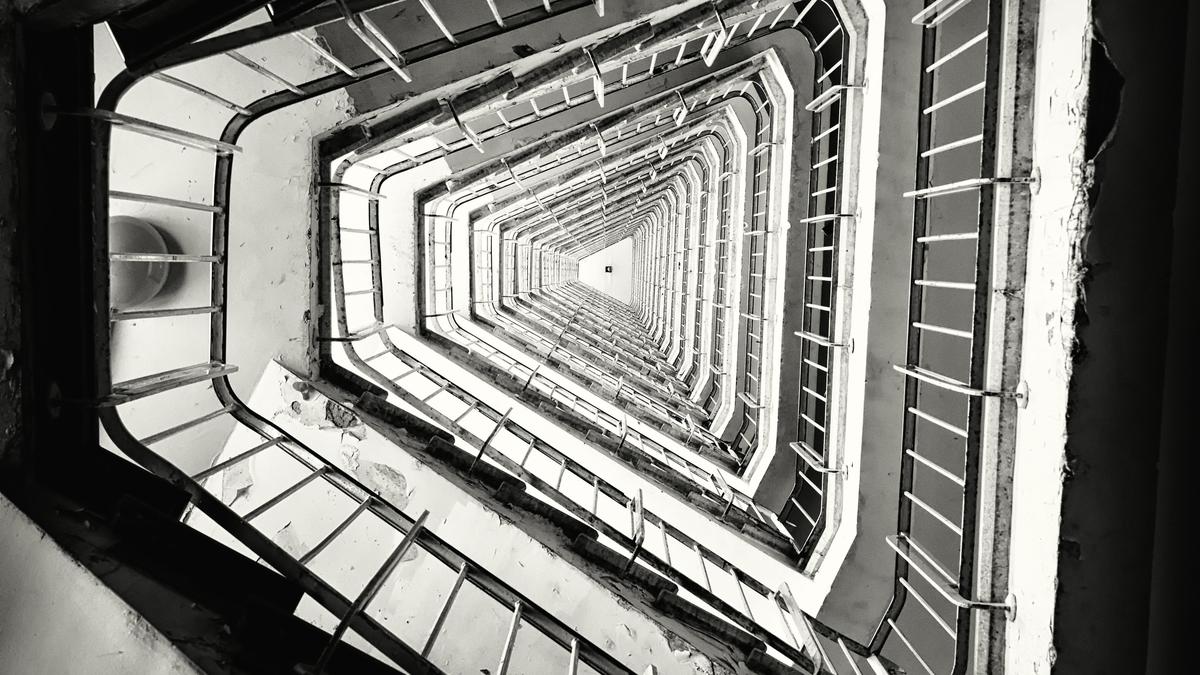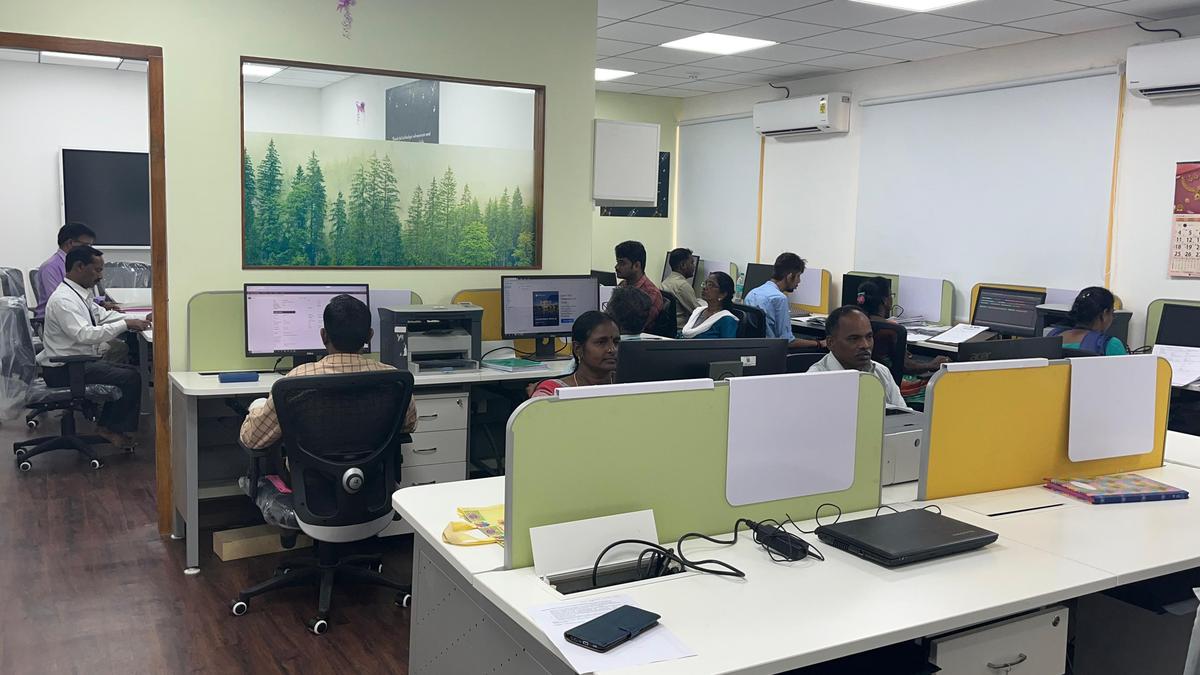What happens to children after a long ICU stay? Comprehensive support is often missing, say experts
Suchitra Ranjit, head, paediatric ICU, Apollo Children’s Hospitals, Chennai, recalls a young patient who survived a severe episode of dengue complicated by multi-organ failure and a brain haemorrhage. A year after discharge, while the child had regained their physical strength, they continued to experience separation anxiety and struggled to reintegrate into the school routine. “Among ICU survivors, 10–20 % exhibit features of post-intensive-care syndrome (PICS),” she notes. “The spectrum ranges from mild sleep or anxiety issues to ongoing medical problems or device dependence.”
This case is emblematic of the challenges children face once an acute medical crisis is over — a phase often overshadowed by the relief of survival. Children who leave the ICU after a long stay often struggle to go back to ‘normal’ with recovery periods extending beyond the hospital ward and impinging into daily life.

Understanding the aftermath
Advances in paediatric intensive care have markedly improved survival rates; often above 95% in many centres. Yet surviving critical illness is only the first step; the longer-term consequences can be profound. PICS in children encompasses physical, cognitive, and psychological impairments. Krithika P., consultant paediatrician, says that children often face lingering weakness, feeding difficulties, or delayed returns to school and play, while parents contend with exhaustion, fear, and anxiety.
Evidence underscores the prevalence of these issues. A Thailand study of children discharged from ICU found that 82.1% had at least one abnormal domain: 64.2% with physical morbidity, 26.3% cognitive issues, 13.7% with mental health problems, and 38.9% with social difficulties. A systematic review spanning 31 studies showed that between 5.3 and 88% of children experienced psychological challenges up to 15 years post-ICU, with many exhibiting lower IQ scores and more emotional or behavioural difficulties compared with peers.
Manimegalai T.O., consultant, paediatrics, SIMS Hospital, Chennai points out that, for some children, PICS manifests as persistent fatigue, organ dysfunction, or long-term dependence on medical technology, while others experience memory lapses, anxiety, sleep disturbances, and post-traumatic stress. Socially, these children can feel isolated, and family dynamics may be strained.

Recognition and follow-up
Prompt identification of physical, cognitive, and psychological after-effects is essential. Weakness and fatigue often appear within days; cognitive challenges emerge with schoolwork, and emotional issues may surface weeks later.
Dr. Krithika emphasises that regular follow-ups, physiotherapy, developmental assessments, and emotional support enable children to gradually regain strength and confidence. Dr. Ranjit adds that structured post-ICU care remains rare, but awareness of PICS in children is vital to reducing long-term morbidity.

Scalable solutions
In settings with limited resources, the priority remains life-saving interventions. Yet models for post-ICU care are achievable. Dr. Ranjit suggests multidisciplinary teamwork, hybrid clinics, telehealth, and community education. Dr. Krithika recommends weekly PICU follow-up clinics, short rehabilitation plans, and caregiver training at discharge to prevent long-term complications. Teleconsultations can identify early warning signs, even for families living far from tertiary care centres.
Dr. Manimegalai emphasises formalised transitions, including detailed discharge summaries, phased follow-up at 2–4 weeks, 3, 6, and 12 months, virtual clinics, and training for primary care providers, ensuring continuity of care across settings.
Reintegration into school is one of the most significant hurdles. “The best outcomes occur when medical teams, school staff, and families collaborate closely,” says Dr. Ranjit. Social workers or nurses can liaise between teachers, parents, and doctors, ensuring seamless support. Classmates should be guided to include the recovering child without pity or excessive attention.
Dr. Krithika advises flexible attendance, shorter school days, and reduced academic load. At home, Dr. Manimegalai recommends that parents practise social skills, encourage communication, and stay actively involved in their child’s school life to rebuild confidence and support emotional adaptation.

Policy-level interventions
Systemic interventions are key to bridging the gap between survival and true recovery. National follow-up guidelines from the Indian Academy of Pediatrics and dedicated paediatric rehabilitation teams — including telehealth options could ensure equitable access to care. Standardised follow-up protocols with checklists addressing physical, cognitive, and psychological domains, alongside family support and community education, would further improve outcomes.
While advances in paediatric intensive care have dramatically improved survival, the journey to full recovery is nuanced and ongoing. Addressing PICS requires early detection, structured follow-up, and active involvement of families and schools. With coordinated, evidence-based interventions, children can return to a childhood enriched with opportunity, confidence and normalcy.
Published – October 21, 2025 07:21 pm IST



